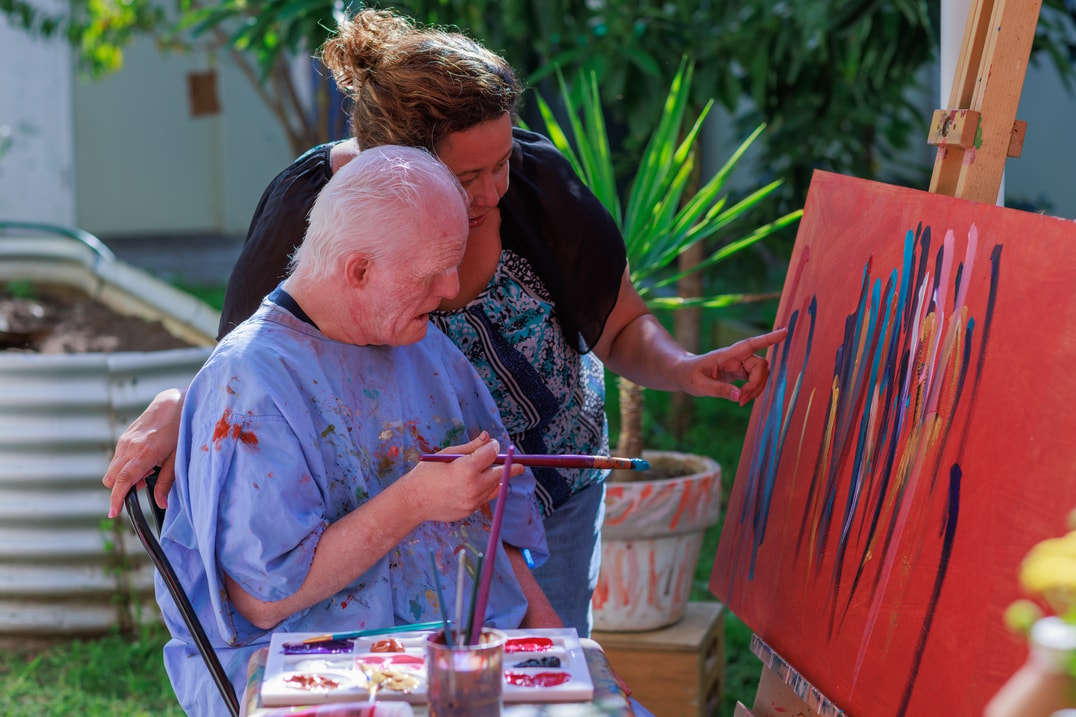What is Behaviour of Concern? [With 10 Examples]
Learn what Behaviour of Concern is, its impact, and see 10 real-life examples. Understand causes and support strategies for positive behavior management.


Behaviour Support Practitioners play a pivotal role in diverse settings, ranging from schools to clinical environments.
Their expertise lies in implementing strategies to address challenging behaviours exhibited by individuals. This introduction will delve into the significance of their role across various contexts, highlighting their contributions to promoting positive behaviour change and enhancing quality of life.
A Behaviour Support Practitioner is a professional who specialises in implementing strategies and interventions to address challenging behaviours exhibited by individuals. These practitioners typically work with individuals who have developmental disabilities, mental health disorders, or behavioural issues, aiming to promote positive behaviour change and improve quality of life. They utilise evidence-based practices to assess, plan, and implement behaviour support plans tailored to the unique needs of each individual. Through their expertise, Behaviour Support Practitioners help individuals develop coping skills, enhance their social interactions, and achieve their goals, ultimately facilitating their integration into various settings and improving overall well-being.
The importance of Behaviour Support Practitioners cannot be overstated, as they play a critical role in various settings, including schools, residential facilities, community-based programs, and clinical environments. Here are several key reasons why their role is indispensable:
Schools: Behaviour Support Practitioners may work in public or private schools, collaborating with teachers and staff to support students with behavioural challenges in classroom and school settings.
Residential Facilities: They may work in group homes, residential treatment centres, or other residential facilities to provide behaviour support services to individuals with developmental disabilities or mental health disorders.
Community-Based Programs: Behaviour Support Practitioners may work in community-based programs that provide support services to individuals with disabilities or behavioural challenges living in the community.
Clinical Settings: Some Behaviour Support Practitioners work in clinical settings such as hospitals, clinics, or outpatient centres, providing behaviour support services to individuals receiving mental health or developmental disability services.
By following these steps, you can work towards becoming a qualified and registered Behaviour Support Practitioner, equipped to make a positive impact in supporting individuals with behavioural challenges.
Explore career opportunities with Scope Australia and discover vacancies tailored to your interests and skills. Join a dynamic team dedicated to making a difference in the lives of individuals with disabilities. Take the next step in your career journey with Scope today.